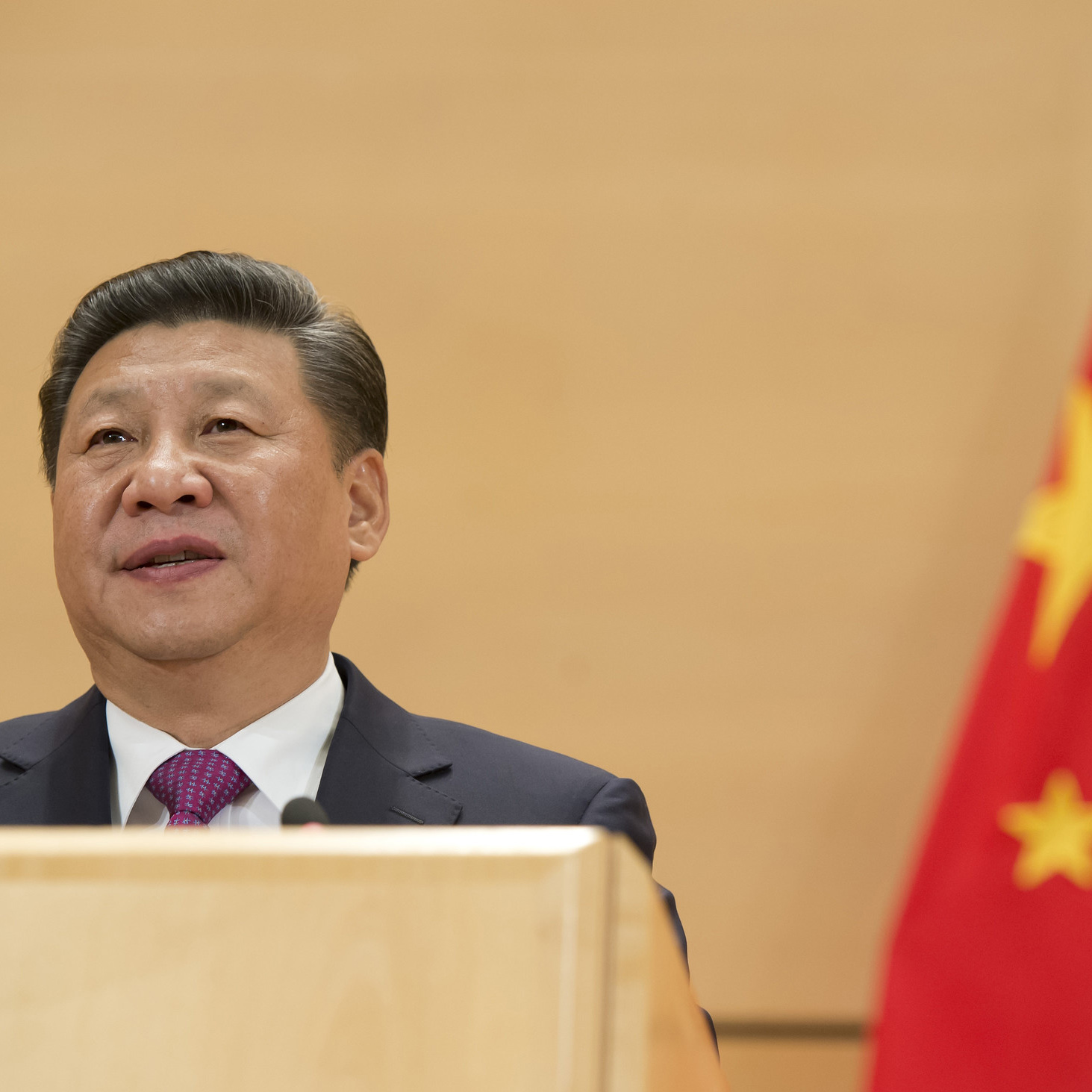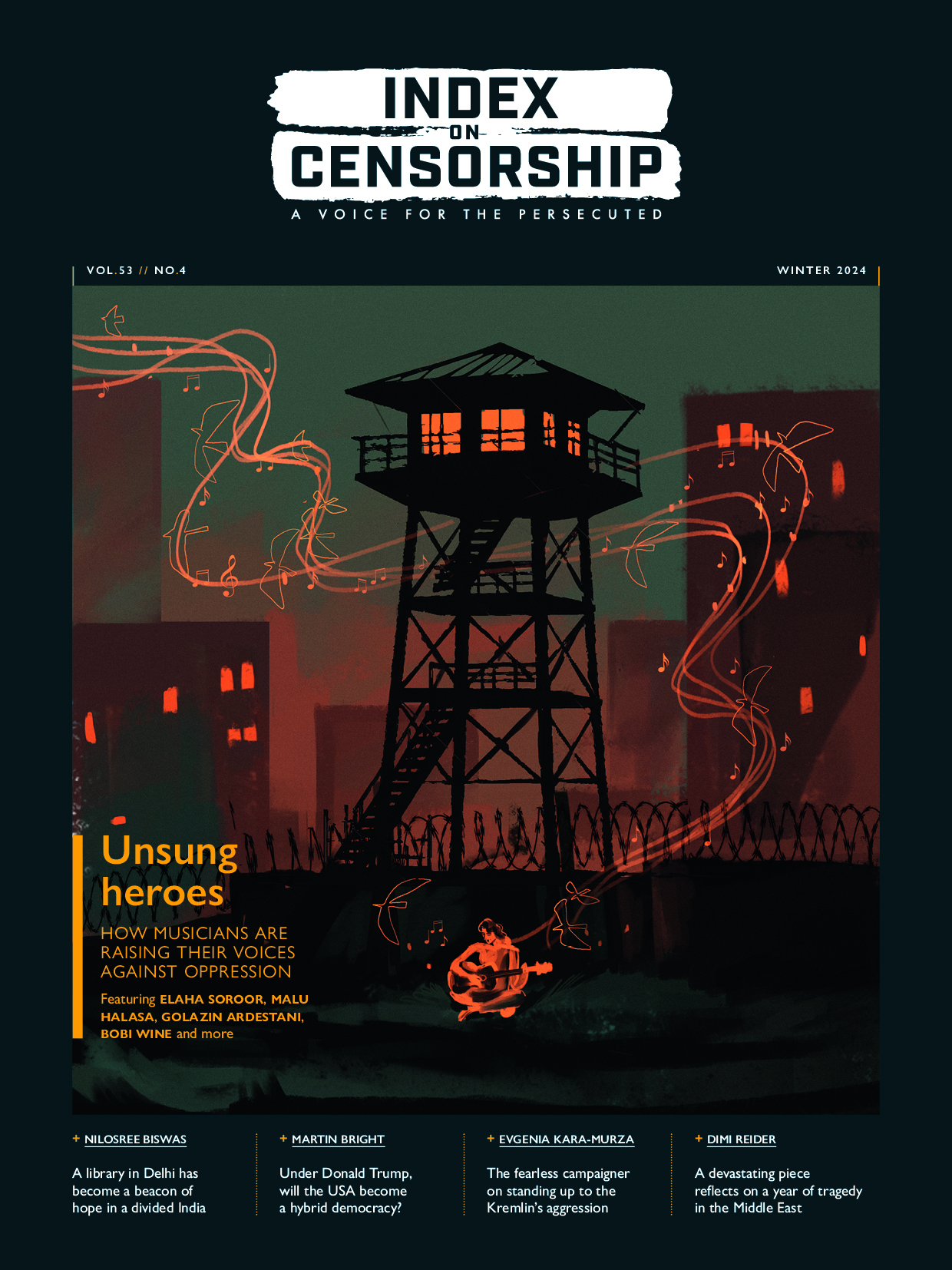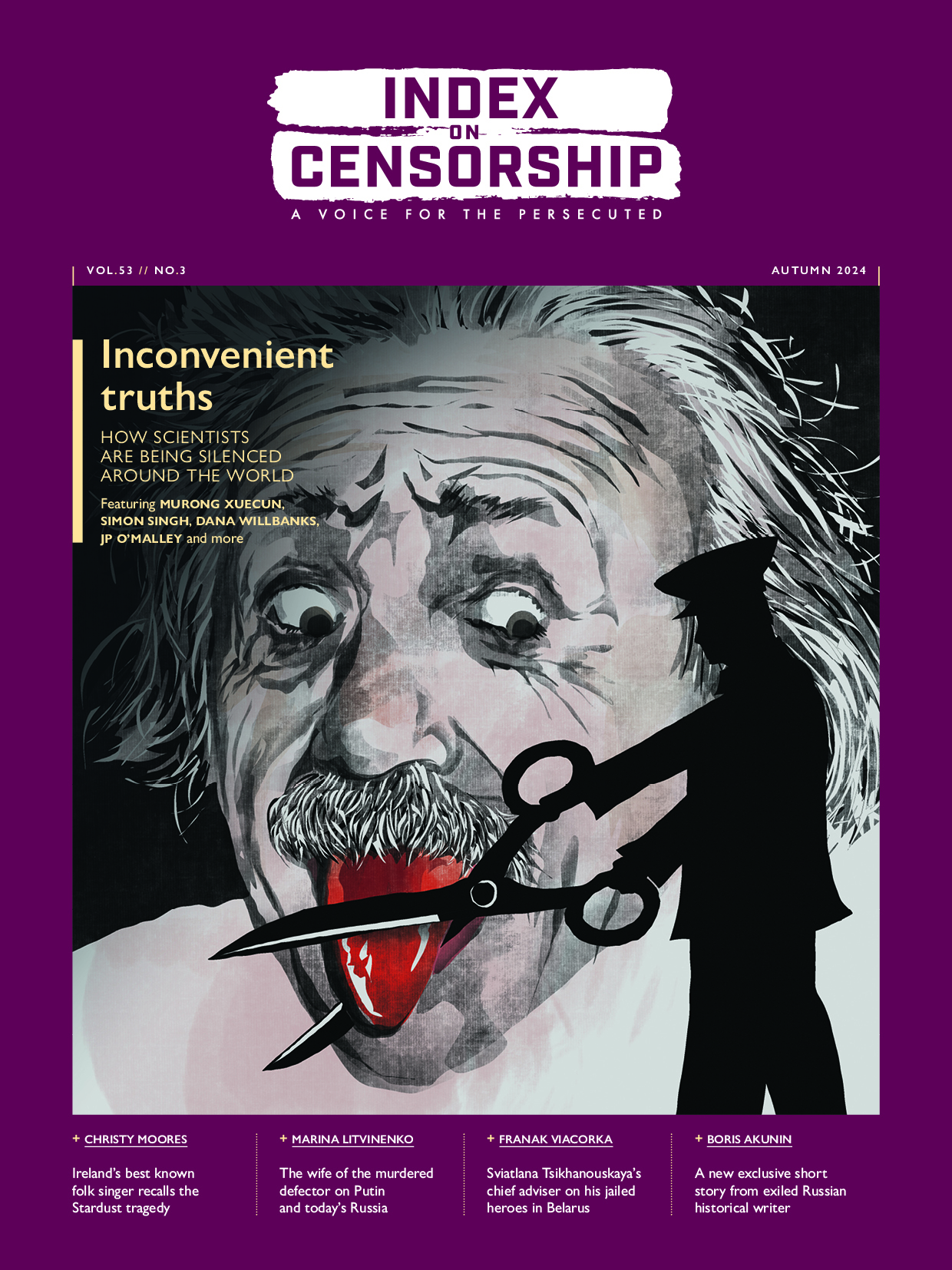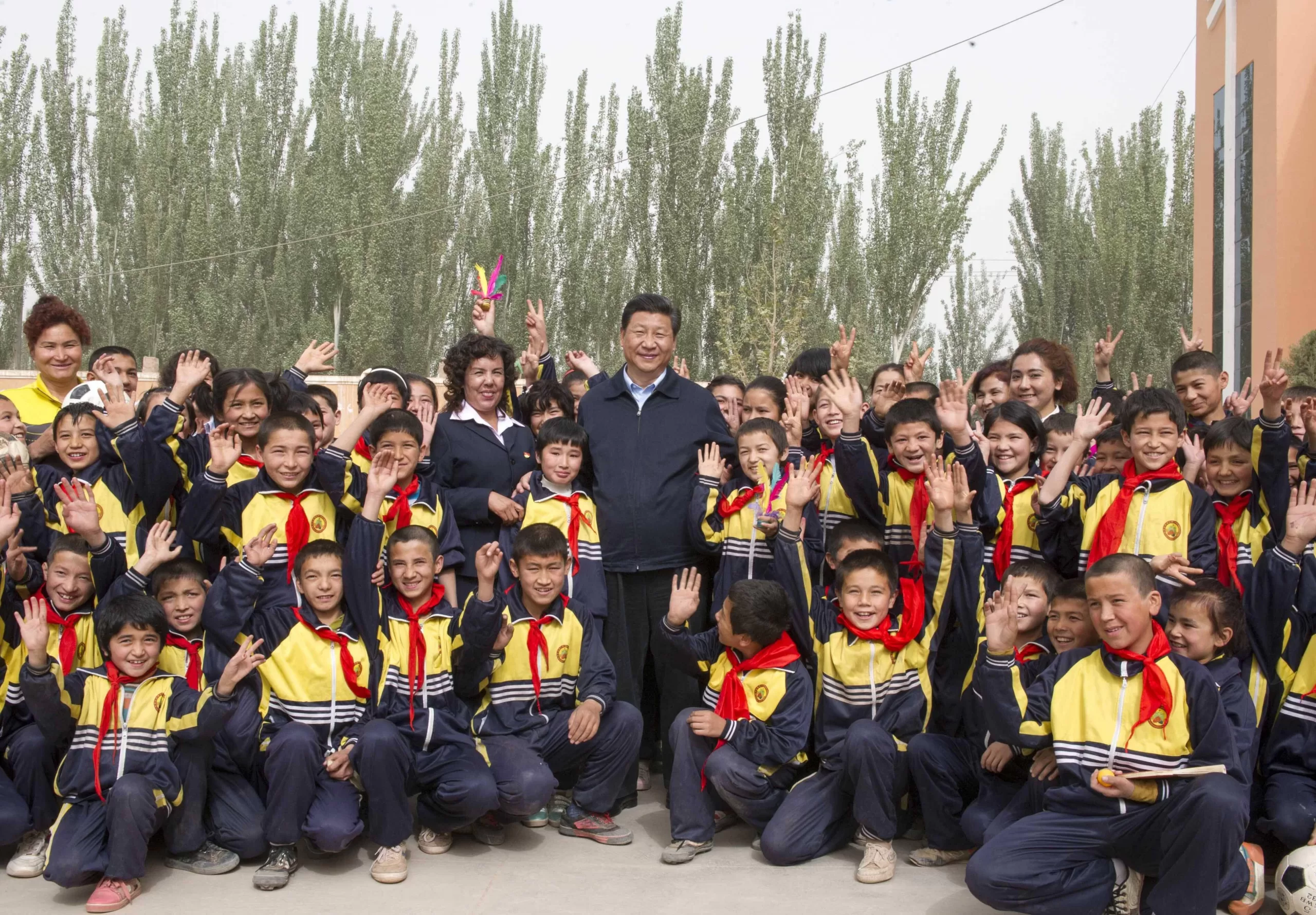[vc_row][vc_column][vc_single_image image=”117061″ img_size=”full” add_caption=”yes”][vc_column_text]Threats to free speech and free expression come in many guises. In the year since I’ve joined the team at Index, I’ve used this blog to highlight issues as diverse as journalists being assassinated in Afghanistan to the threats of new British legislation on online harms.
One of recurring themes of my blogs has been the way in which authoritarian regimes and groups use every tool at their disposal to repress their populations. From Belarus to Myanmar, from Modi to Trump, we’ve seen global leaders act against their own populations to hold onto power and stop dissent.
For an organisation such as Index it would be easy to think that our job was solely to highlight the worst excesses of these despots, to shine a spotlight on their actions and to celebrate the work and activities of those inspirational people who stand up against this tyranny. And of course, that’s exactly what we were founded to do. But as the world moves on and technology and finance facilitate new ways of communicating to the world, Index also has a responsibility to investigate, analyse and expose the impact of some countries beyond their borders.
Over the course of the last year, Index’s attention has been drawn to the fact that there have been multiple high-profile examples of the Chinese Communist Party (CCP) using its influence beyond its border in order to manipulate the world’s view of China and what it means to be Chinese:
Since the implementation of the National Security Law in Hong Kong in June 2020, universities in the UK and in the US have reportedly had to change the way they teach certain courses – grading papers by number not name, asking students to present anonymised work of others so nothing can be attributed to an individual student and limited debate in lectures. All in order to make sure that the students are protected, and their families aren’t targeted at home in China.
In September 2020 Disney released a new film – Mulan. This film not only represents Mulan as Han Chinese rather than Mongolian as she likely was in the legend, but it was also filmed, in part, in Xinjiang province, home of the persecuted Uighur community. Seemingly an effort to change the narrative on the ongoing Uighur genocide happening in Xinjiang.
In October 2020, a scheduled exhibition on Genghis Khan and the Mongol empire in Nantes, France was postponed – not because of Covid19 but because the CCP reportedly attempted to change the narrative of the exhibition, attempting to rewrite history.
It is clear that the CCP is using soft (sharp) power in a concerted effort to censor dissent and to create a narrative that is in keeping with Xi Jinping’s vision in an effort to secure international support for the CCP, which this year celebrates its 100th anniversary. We have no idea how strategic or vast this level of censorship is. What we do know is that it is happening across Europe and beyond.
It is in this vein that I’m delighted to be able to tell you about a new workstream for Index:
#BannedbyBeijing will seek to analyse and expose the extent to which China is trying to manipulate the conversation abroad.
Next week I’m delighted that we have an amazing panel to get the ball rolling and to establish how big an issue this is.
So join Mareike Ohlberg, Tom Tugendhat MP, Edward Lucas and our Chair Trevor Phillips, on Wednesday as they start this vital conversation. You can sign up here >> https://www.eventbrite.co.uk/e/banned-by-beijing-is-china-censoring-europe-tickets-162403107065[/vc_column_text][/vc_column][/vc_row][vc_row][vc_column][three_column_post title=”You may also want to read” category_id=”41669″][/vc_column][/vc_row]






